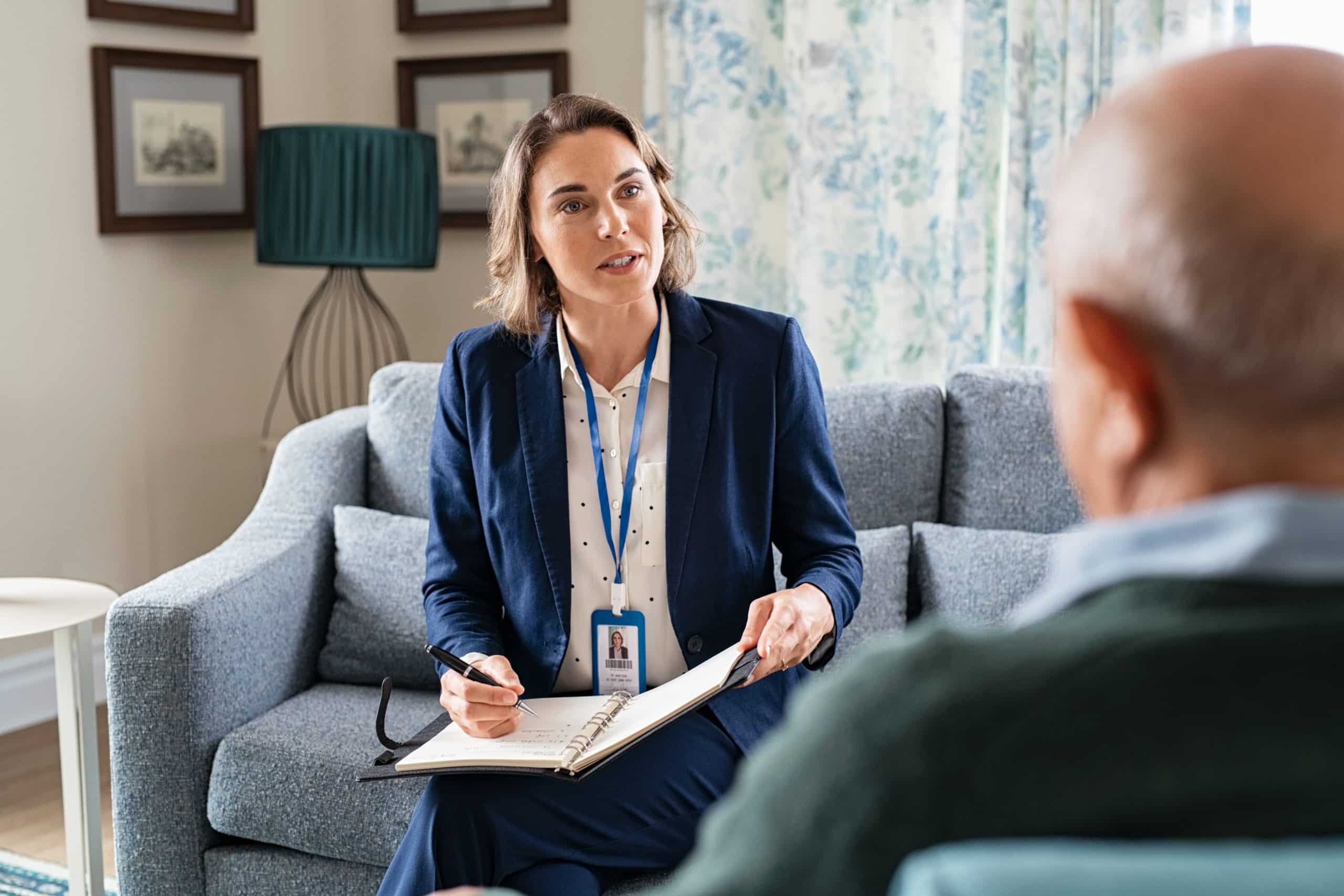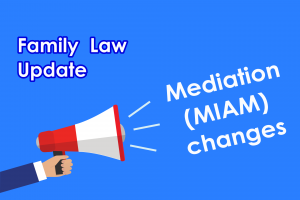After making an application to the court regarding your children, the court will often ask Cafcass to speak with you and prepare a Safeguarding Letter. This can be confusing for families who have never heard of Cafcass and lead to questions about why they are becoming involved.
Who are Cafcass?
Cafcass stands for Children and Family Court Advisory and Support Service. They were formed in 2001 as part of the government’s commitment to supporting families and children. Cafcass comprises of advisers who are asked by the court to work with families and give recommendations as to what they consider to be in the best interests of the children involved.
Do Cafcass work for the court?
No. Cafcass are a completely independent organisation, they are not employed by the court. The advisers are Social Workers but they have no affiliation with Social Services.
Cafcass have been asked to provide a Safeguarding Letter, what is that?
After an application to the court is made, a copy will be sent to Cafcass and they will be asked to provide a Safeguarding Letter. This will include safeguarding checks checks with the police and the local authority.
As well as these checks, Cafcass will arrange to speak with you and the other parent, usually by way of a telephone call. Cafcass want to speak with the parents involved about the application made and any concerns either of you may have. Those concerns will be noted within the Safeguarding Letter.
Once Cafcass have completed their checks and have spoken with you and the other parent, they will consider what recommendations should be made. This is their advice to the court. For example, if concerns have been raised about alcohol abuse, Cafcass may recommend alcohol testing of that parent.
Usually, the Safeguarding Letter is sent to everyone a few days before the first hearing. In some circumstances, Cafcass will only provide their letter to the court and not to the parents if they believe circulating it will place a parent or child at risk of harm.
What should I say to Cafcass when they call?
It is important to be open and honest with Cafcass, they are there to help. It is often advisable to make a note of the concerns you have so you can present these clearly to Cafcass.
The call may only be brief so try to ensure you remain focused on the best interests of the children, rather than any criticism of the other parent. Issues like domestic abuse are important to raise when addressing the breakdown of a relationship but the focus is the welfare of the children.
What if I don’t agree with what Cafcass have recommended?
If there are factual inaccuracies within the Safeguarding Letter you should raise these with the adviser. An amended letter may then be filed and recommendations may change if clarification has been provided.
If you are unhappy with the recommendations it is often an issue to be addressed at the first hearing. However, the court do rely heavily on the advice of Cafcass so you will need to have clear evidence of why the recommendations are not sufficient.
Will Cafcass speak to my children?
Cafcass may recommend that a Section 7 Report be completed to ascertain the wishes and feelings of the children. In those circumstances, depending on their ages, Cafcass will arrange to meet with the children. Usually, Cafcass will speak with the children alone so they can speak freely so do not be alarmed if you are asked to wait outside of the room.
Cafcass are trained to work with children so any questions will be child focused and appropriate. They may be asked about the other parent and how often they would like to see them or discuss any worries they have.
A Section 7 Report may also require Cafcass to visit your home or speak with the children’s schools.
At E J Coombs, we understand the sensitivity of children proceedings and can offer more personalized advice about the involvement of Cafcass. If you have questions, call us today or make contact below.



